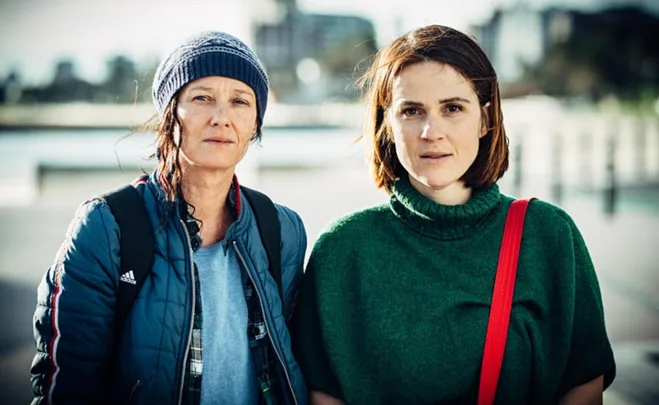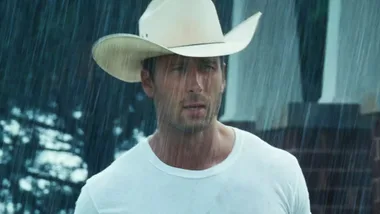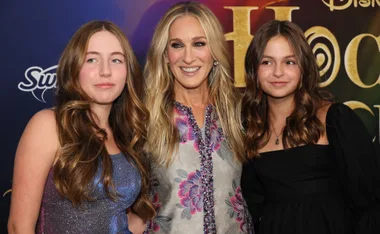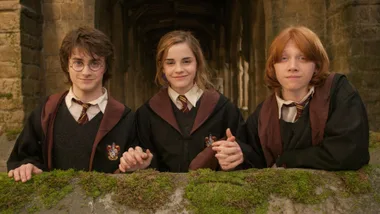Catherine Hill is overwhelmed with generosity. That much is clear when I speak to her over Zoom to catch up about her new film, Some Happy Day.
Within the film’s 74 minutes, viewers watch as Tina, a woman living on the streets of Melbourne’s St. Kilda, unravels everything many of us have ever assumed about people experiencing homelessness.
The film covers one day in Tina’s life, with her layered character arc bringing an entirely new perspective on the crisis Australia currently faces.
“Everyone was working [on the film] for nothing,” Hill says, explaining that the Salvo’s Crisis Centre and the Sacred Heart Mission allowed her to film on premises, while a local arts group within the Port Phillip community also offered to be extras.
“It was such a celebration of services.”
I tell her that after watching the film, I’m not surprised that people in more privileged, fortunate circumstances would want to help—because this film is completely unique in the way it exposes the real-life realities of homelessness, and the stories of the people who end up unhoused. It’s a crucial truth to acknowledge if we want to tackle Australia’s homelessness crisis.
As it turns out—that was Hill’s goal all along.
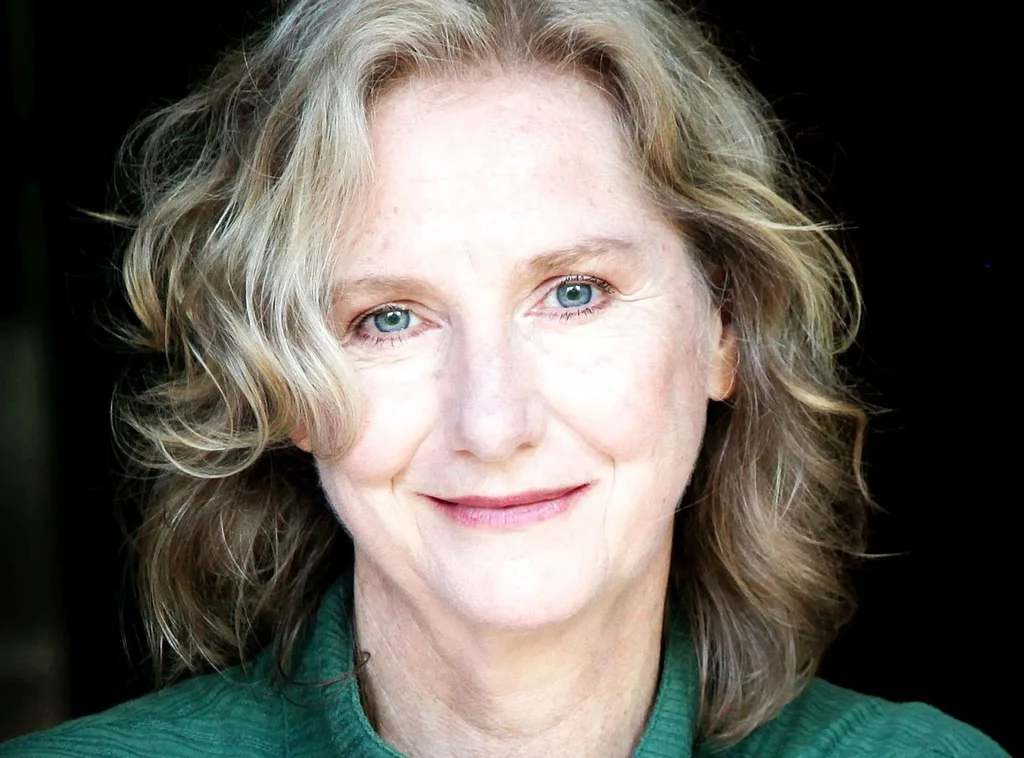
Hill worked as a case manager and crisis worker with men and women experiencing homelessness for 20 years. The people she met, particularly the women who had become unhoused by no fault of their own, inspired her to write Some Happy Day.
“I just I knew I wanted to tell this story, and I thought, ‘This is one I can write’. I usually work with writers,” she explains.
The main character of Tina (played by Peta Brady), a women left in the lurch when her partner steals her money and runs off, was inspired by a number of women Hill met over the years.
“I was constantly confronted by the humanity of these women, for example I would be walking down the street with them and they would be picking up rubbish as I was walking with them. They would be saying to me, ‘Oh no, that’s got to go in the recycle bin Catherine,’ and I just remember thinking ‘Wow’.”
These small moments Hill noted over the years have translated to screen in subtle ways that slowly paint a clear picture of unhoused women—their true, authentic, human selves.
In one scene, Tina is in a charity shop where she goes through every hanging item of clothing’s pockets in search of loose change—this wasn’t fictionalised, Hill tells me.
“There was this one woman who came to our Sacred Heart Mission shop and she’d say, ‘I found 10 bucks’ after going through all the pockets, and then she’d offer me a coffee.
“These assumptions that we have [about unhoused people], I just wanted to filter in these real moments because theres such a respect and humanity that people don’t see.”
Hill adds that on first glance, people experiencing homelessness can sometimes seem confronting—but that’s because of the deeply entrenched trauma they’ve been through.
“You don’t want to step too close [when passing a homeless person on the street] because the trauma results in impulse controls that can be, you know, a little bit concerning.
“But when you are with someone for a good amount of time (my own case management would always go between three and six months), the trust that you build with them opens a window and your perspective changes.”
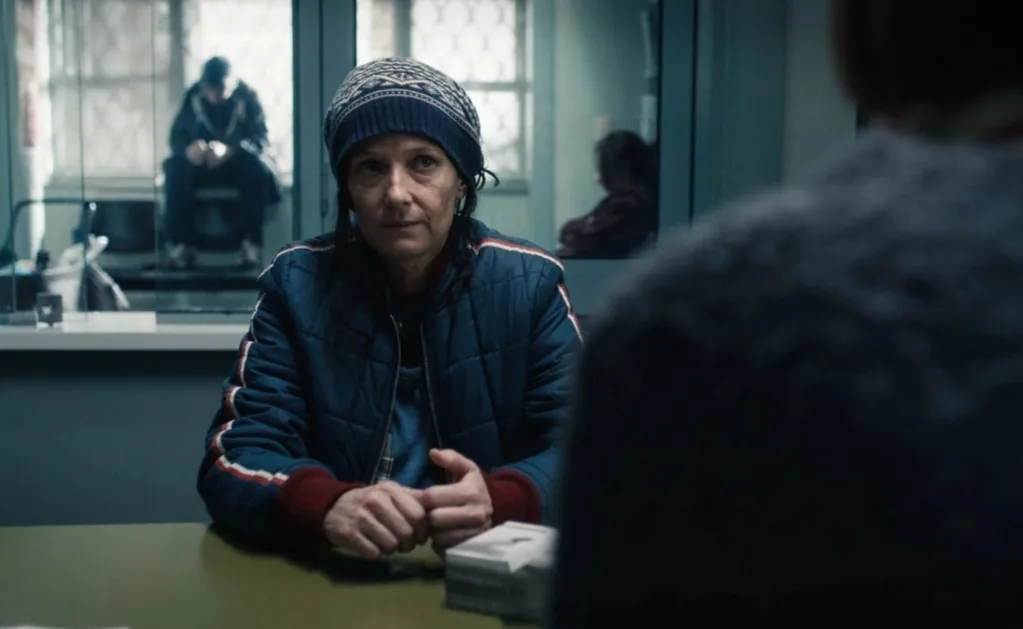
Playing the role of Tina is Peta Brady, a respected screen actor who has starred in the likes of Neighbours, Kath & Kim and Mullet. As fate would have it, Brady and Hill were already familiar with each other.
“I knew Peta because she worked in the needle exchange beside me,” Hill says.
“She’s an extraordinary playwright… I had her in my head all the time I was writing and I knew because she knew this client group so well and has such respect [as an actor], I knew she would just deliver a stunning job.”
There’s no denying she did—Brady herself joins the Zoom call as Hill and I are speaking. She tells me that as an actor, there’s always pressure to play a role right—but to play one as complex and realistic as Tina, a woman who represented people she herself had helped for years, made Brady rethink everything.
“You’re just hoping that you get it right,” Brady tells me.
“You’re hoping it opens people’s minds and gives them a greater understanding so that they might help to make things better.”
Brady adds that the hardest part of filming was capturing the character in those quiet, emotional moments.
“Getting into the character in those emotional scenes you had to be so careful with how you tread with it, and being sensitive to it—you don’t want it to go into some sort of fluffy place because it’s actually real. You really want to get that authenticity and realness.”
In the film, Tina crosses paths with Frances, a social worker who faces troubles of her own with her partner.
While both women are living in incredibly different circumstances, the film exposes the depths in which they’re similar. It’s gratifying, it’s confronting, and, most of all, it’s perspective changing.
“It’s about humanising [the homeless crisis],” Hill says.
“That’s why telling these stories are so powerful because when you are watching someone in action, you are automatically empathising with them, and that means that you’re viewing the world from someone else’s point of view and from a compassionate kind of window.”
Hill and her co-producer, Cecelia Low, have engaged an impact producer, Rowen Smith, who has collaborated with them to create a whole strategy aimed at sparking positive change in Australia’s homeless crisis. That includes challenging general assumptions in order to foster a better understanding of homelessness, encouraging better conversation around the worsening crisis and how it is inextricably linked with trauma, domestic violence, and rising living costs, and to inspire action in order to form a solution—whether it’s volunteering, donating or advocating for those that are homeless.
To donate, or for information on screenings and fundraisers, visit head to Some Happy Day’s official website. The film will debut on SBS On Demand on August 1, plus, plans are in progress for a special Parliamentary screening in Victoria during Homelessness Week from August 1-7.
Unhoused
As fate would have it, Some Happy Day and its important impact campaign has launched at the same time as Are Media’s Unhoused campaign. There are currently 400,000 women aged 50+ at risk of becoming homeless. It’s a national crisis that continues to slip through the cracks of parliamentary recognition.
To help put women’s homelessness on the agenda, Are Media is petitioning for 16,810 permanent homes to address this crisis. To achieve this, the women’s safety and homelessness sector has determined that $7.6 billion is required from governments over the next four years to provide long-term housing for Australian women.
Help enforce our position that women’s safety is a critical issue by signing the petition at unhoused- women.com.au.
